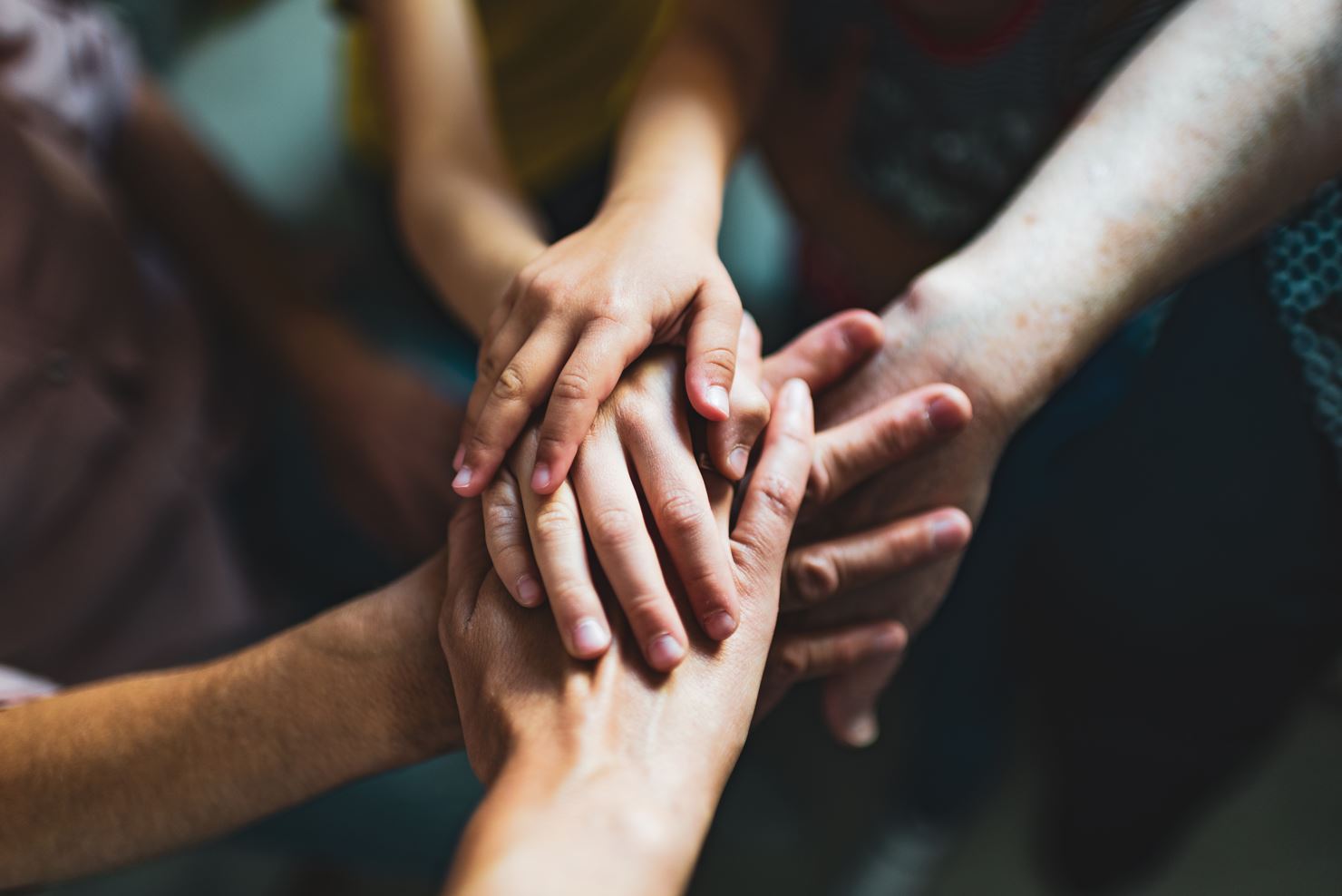by Jill Terwilliger
Centrica Care Navigators Grief Counselor
Grief is the process of adapting to the reality of a significant loss in our life
We grieve for a person who has died, but also for relationships, for dreams, and for things that never were and never will be. Grief touches us in so many ways, and everyone’s experience is unique. As you are grieving, our Centrica Care Navigators Grief Support Counselors want you to know a few things.
1. Grief is different for every person
Grief is as unique to you as your fingerprint. We all share a general pattern, but the details are yours alone. Some of us grieve quietly, some loudly. Some of us want to talk about our person all the time, others hold their memories within. Some of us are grieving a bright and beautiful love while others are grieving all that never was. Some of us don’t cry for a year and then it all comes pouring out in a movie. Some of us get busy dealing with all the details while others can barely get out of bed.
Grief researcher William Worden identifies common tasks that grievers work through:
- Acknowledging the reality of the loss, without minimizing or exaggerating it.
- Processing the pain of loss, allowing feelings to be experienced rather than carried forever.
- Adjusting to a world in which your person is absent, learning new skills, taking on new roles, and refocusing on the present and future.
- Finding an enduring connection with your person while also moving forward with life.
Though grief is normal, natural, and unique to you, if you’re struggling or feeling stuck, reaching out for support is important. Whether through support groups, grief counselors, or hotlines, help is available.
2. Grief has no timeline
There’s a misconception that grief should follow a predictable pattern—sadness leading to joy, or a sense of closure within a set period. In reality, grief has no timeline. Some grievers even find that the second year is harder than the first. This may be because, by then, the initial tasks of death—like planning a funeral—are over, leaving the emotional weight of the loss to settle in.
There is no correct timeline for grief. Your loss will never completely disappear, and that’s okay. Find people who accept that your grief is ongoing and who can be with you in it.
Over time, you will get to know your grief. You will begin to trust that though the waves come, they will also recede. You are learning to surf. It’s not easy and you will fall again and again in the process. It will be hard and uncomfortable. That’s OK. You are learning to grow around your grief.
3. Grief is messy
Grief is chaotic and unpredictable. One moment, you may feel fine, only to be overwhelmed by sadness or anger the next. The emotions that come with grief are often jumbled—sorrow, anger, guilt, confusion—all mixed together.
This messiness doesn’t mean you’re doing something wrong. It’s just how grief works. Think of it like a storm stirring up the ocean—there’s no order to it. You don’t need to control it or “fix” it; you just have to ride it out.
Your grief might not look like anyone else’s, and that’s okay. Just because your emotions feel scattered doesn’t mean they’re invalid. Your grief is uniquely yours, and there’s no need to follow anyone else’s script.
4. Grief is physical
Grief isn’t just an emotional experience—it’s a physical one too. You may notice changes in your sleep patterns, appetite, or energy levels. Some people experience brain fog, muscle pain, or headaches. Your body is responding to the emotional toll grief takes on your nervous system, which can also weaken your immune system and make you more vulnerable to illness.
To help soothe your nervous system, try things like going for gentle walks, humming or singing, or practicing deep breathing and meditation. These actions can seem small, but they help you stay grounded as the waves of grief roll in. Allow yourself to rest when needed. Eat some nourishing food each day. Get outside for fresh air and sunlight a few times a week. Your body needs care as much as your heart does.
5. Grief will change you, and that’s okay
A hard truth about grief is that you won’t ever be exactly the same person you were before your loss. The goal of grieving isn’t to “go back” to who you were but to adapt to a new reality.
It’s okay to grow through your grief. You’ll learn more about yourself, about love, and about resilience. However, just because you’re growing doesn’t mean you have to be grateful for your loss. You can be grateful for the lessons and the strength you discover, but don’t feel pressured to feel thankful for the grief itself.
Grief challenges us. People don’t “get over” it. They move through it, and it becomes a part of their life—though it may take different forms over time. Embrace your grief, and let it shape you, but don’t avoid it. It’s part of your journey.
6. There are ways to help yourself grieve
Though grief is personal and can’t be rushed, there are ways to support yourself along the way. Some say that that grief is love with nowhere to go. When you lose someone, you may find yourself holding onto love that has no outlet. Expressing that love, whether through storytelling, writing, or even art, can be healing. Remembering and telling stories about your loved one can help you keep their spirit alive. Rituals—like lighting a candle or revisiting special places—can be small yet meaningful ways to honor their memory.
You can also help yourself by practicing self-care. Take breaks, rest, eat well, and get outside when possible. Grief is exhausting, and you need to be kind to your body during this challenging time. We also want you to know that you don’t have to grieve alone. Whether through support groups, therapy, or leaning on friends and family, reaching out is an essential part of healing.
Resources
Three Cs for Coping with Grief
Final Thought
Grief is a journey—a messy, physical, and deeply personal journey. It takes time, and there’s no clear path or finish line. But it’s also a process of transformation. You will change, you will grow, and you will learn to navigate your grief in your own way. And as you do, remember: You don’t have to do it alone.




